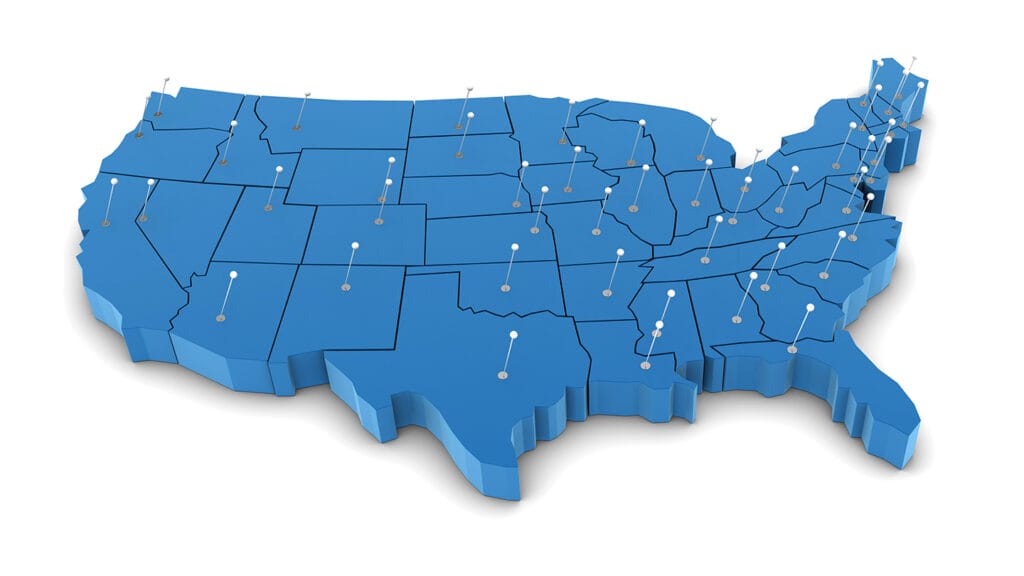
Black and Latino adults are less likely than whites to be aware that hospice is a benefit under Medicare. Also, many LGTBQ adults doubt hospice would respect their sexuality. These findings appeared in new study results released this week by the National Hospice and Palliative Care Organization (NHPCO).
In background information in the study, the organization notes that while an average of 1.5 million people use the Medicare hospice benefit each year, disparities exist among certain populations.
“Even as hospice uptake has grown nationally for the last two decades, we continue to see that white Americans chose hospice at higher rates than Hispanic, Black, Asian and Native Americans,” Ben Marcantonio, NHPCO COO and interim CEO, said in a statement accompanying the report. “While national data sets are not available to get a full picture of hospice uptake by sexual or gender identity, we know anecdotally that many LGBTQ+ individuals have significant hesitancies when it comes to hospice.”
For the study, NHPCO surveyed 1,200 adults 21 and older who experienced the death of a loved one or have been involved with healthcare/life care decisions for someone with a serious illness within the past three to four years. The breakdown of study participants was the following: Black (400), Hispanic/Latino (400), white (200) and LGBTQ(200).
Among the findings, compared to white (52%) respondents, Black (39%) and Hispanic (41%) respondents are less likely to be aware that hospice is a Medicare-covered benefit. Also, compared to whites, Blacks are significantly more likely (21% vs. 11%) to feel more comfortable with hospice workers who are the same ethnicity as their loved one.
Language plays a role in people’s sense of security, the study found. More than half (52%) of Hispanic respondents said that in order to feel comfortable they would need hospice workers who spoke their loved one’s language.
People who identify as LGTBQ have different concerns, according to the study. Nearly 1/3 of LGBTQ+ respondents doubt or are unsure that hospice would respect their sexuality. A total of 44% of this population surveyed agrees that “Doctors often wait too long to talk about hospice,” leading to a “crisis decision.”
In recommendations accompanying the findings of the report, which is free, NHPCO offered these among others:
- Black and Hispanic caregivers should be advised early on of the hospice benefits offered by Medicare, as well as the typical costs of hospice for those with Medicaid or private insurance. Ensure understanding that hospice is an at-home option that is covered by their benefits. Clearly explain how the Medicare hospice benefit works. This can be on the hospice organization’s website and printed collateral.
- Written materials (both print and digital) should be available in a variety of languages. Even if a patient and/or their loved ones can read English, offering materials in their native language, and in a culturally appropriate way, demonstrates a commitment to honoring their culture.
- Prospective LGBTQ+ clients need reassurance that they will be treated with respect. Consistently collect patient demographic information, including gender identity and preferred pronouns.


